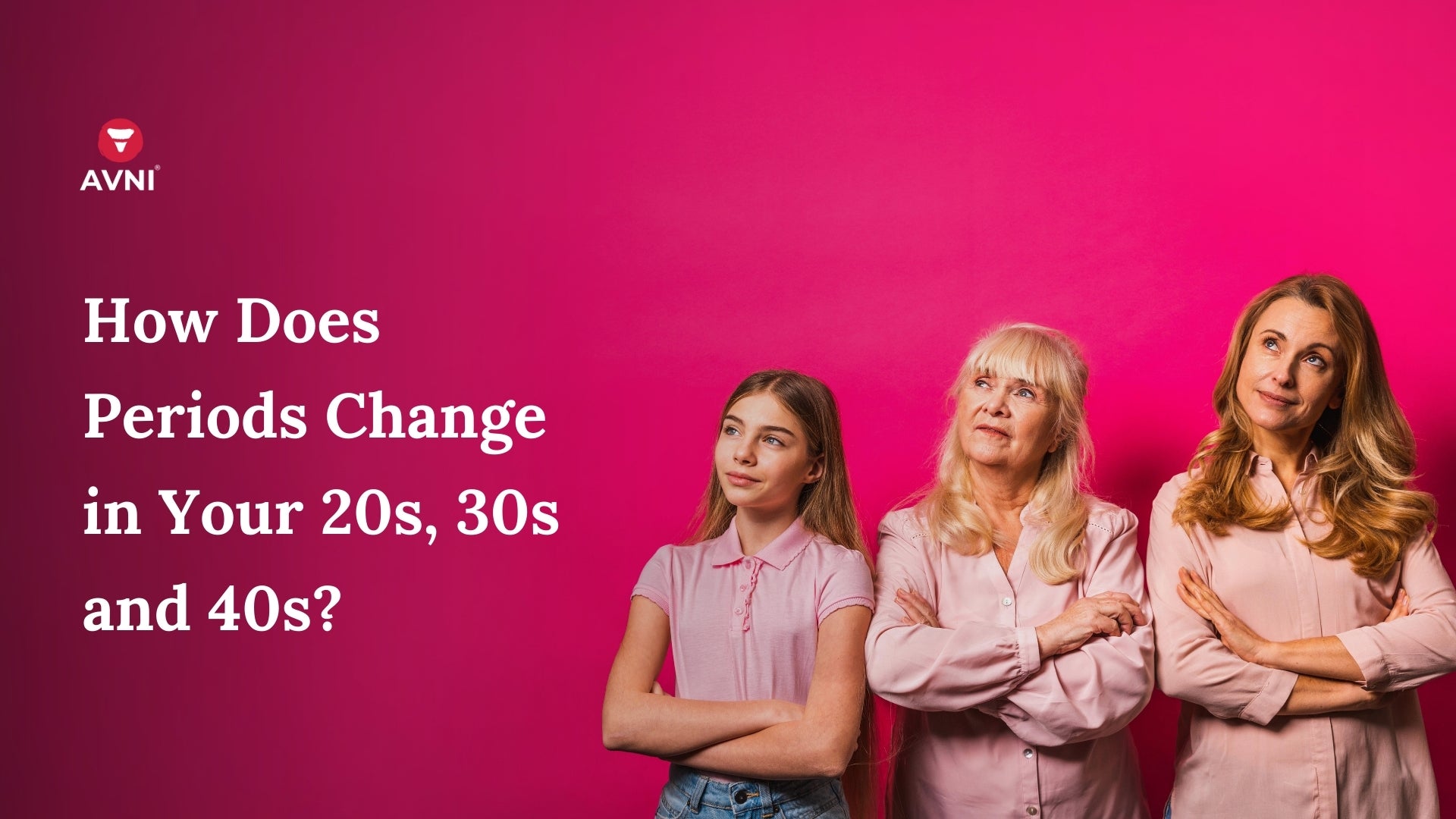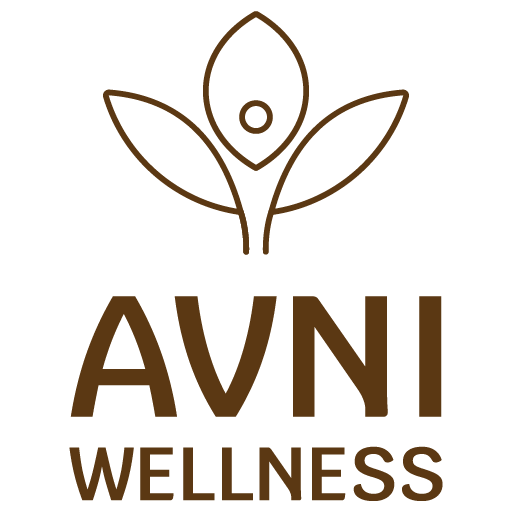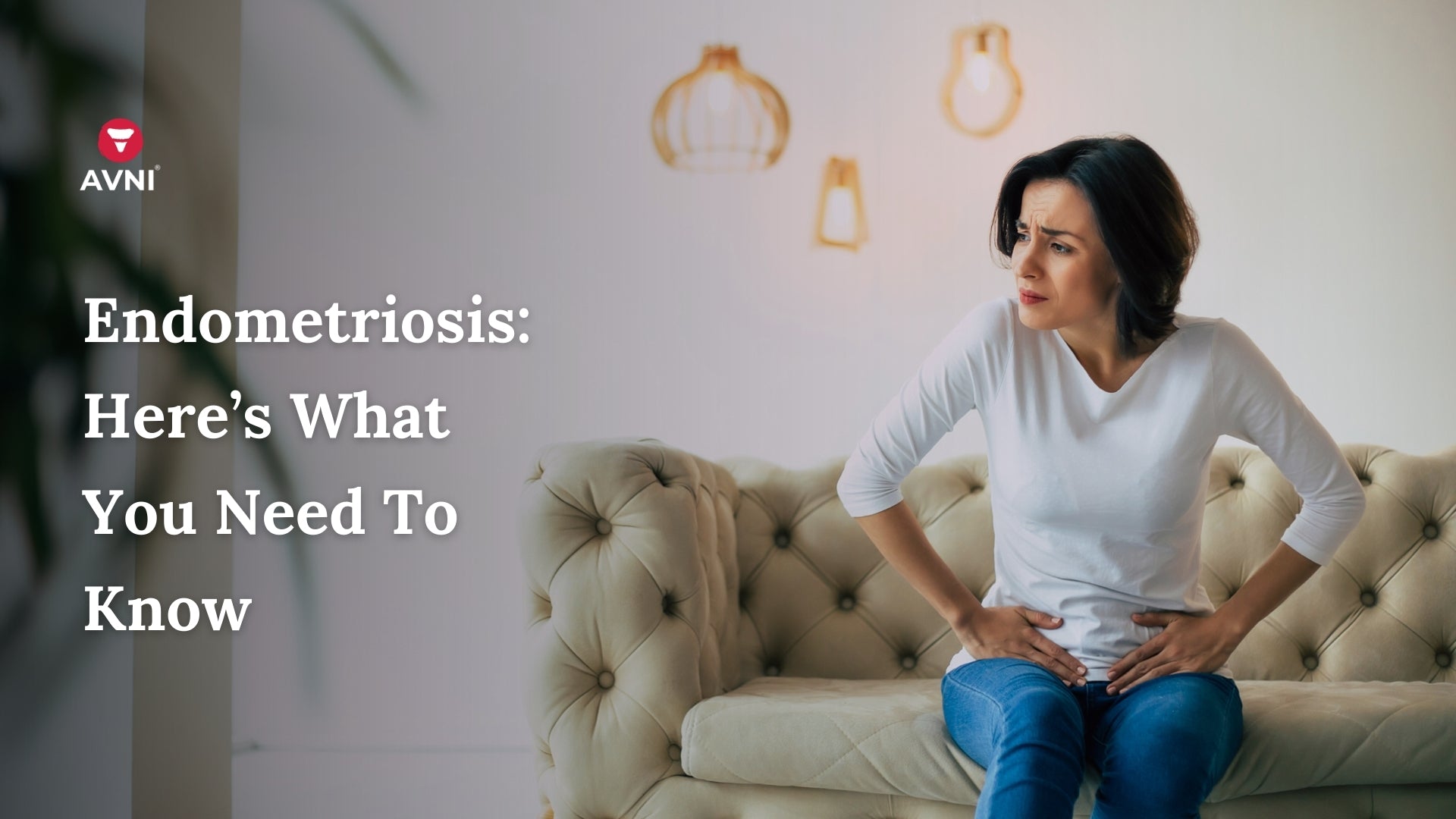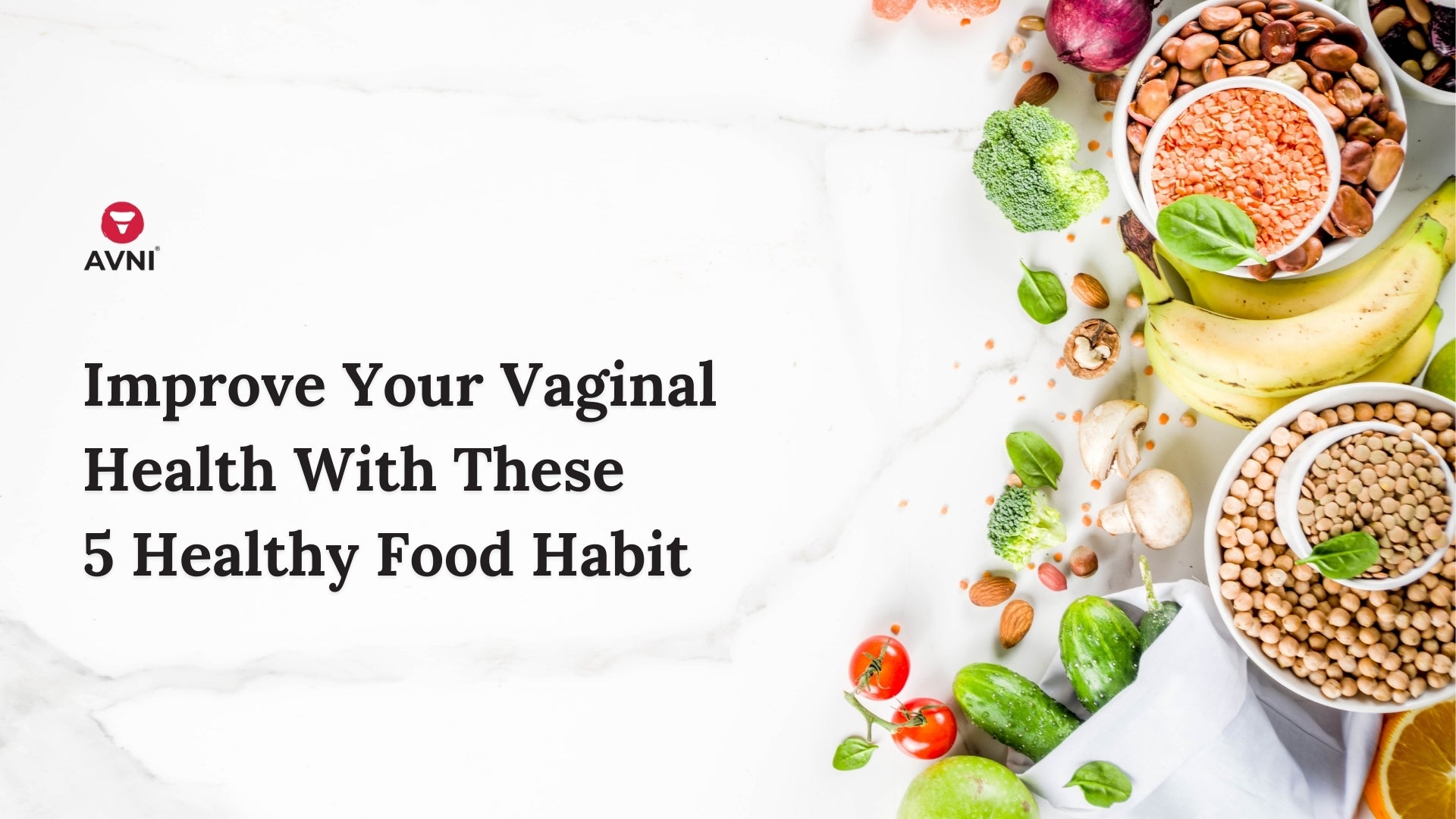
How Does Periods Change in Your 20s, 30s and 40s?
The glorious PMS that includes cramping, bloating and intense food craving is just the beginning of a long and unsatisfying 3-7 days. Your symptoms typically remain the same for about a decade but just as you begin getting used to these symptoms, your cycle changes drastically. As you reach different stages of your life, the intensity of your flow, duration and several other factors in your cycle changes. This could be an indicator of what’s going on in your health and your life. Sometimes these changes require medical attention, but most of the time they are completely normal. Well, as normal as your periods can be.
Here, we have compiled a list of symptoms and changes you can expect as you progress to your 20s, 30s and 40s.
Your Period in Your 20s
A lot of teenage girls experience irregular periods. As you progress through your 20s, your periods become more regular. Your cycle lasts for an average of 28 days and your flow lasts for about 3-7 days. It does prove to be a relief and it is now easier to keep track of your menstruation days, but this doesn’t come without its disadvantages. Women now experience stronger PMS, cramps, breast tenderness and vaginal infections.
Further problems could arise with the birth control pill. As many women in their 20s begin healthy sex lives, the dependency on birth control pills also increase. This could cause major fluctuations in hormone levels but, the silver lining is that it could also prove to regularize periods and reduce cramping and other symptoms.
Your Period in Your 30s
Early on in this decade, you can expect your periods to be similar to that of your 20s. But by this time in your life, your menstrual cycle should have eased up and regularized completely. If you experience symptoms such as sudden heavy flow or more intense cramps than usual, it could be a sign of a bigger problem. Benign fibroids and endometriosis could cause heavier flow and intense cramping.
The most fertile reproductive ages are from your 20s to mid-30s but the average woman has a child in their 30s. Period flow ceases entirely for the 9 months of gestation. However, a lesser-known fact is that your flow resumes about 6 months post-delivery, depending on how long you breastfeed. Some women experience easier periods. This could perhaps be linked to the fact that your cervical opening is now slightly bigger, requiring fewer uterine contractions to allow your flow to pass. For others, your period comes back with a furry and you experience heavier, longer or more painful periods after delivery. For days such as these where comfort and hygiene are at the forefront of your mind, using the Avni Lush Pads is ideal as it provides utmost comfort. If you are apprehensive about reusable pads being hygenic, read our blog to know why they are perfectly safe and sanitary.
Your Period in Your 40s
As you near your 40s, you begin a new journey: Perimenopause. This 8-10 years leading up to menopause, causes your body to produce less estrogen and progesterone. Your period pattern once again becomes erratic and inconsistent. Your flow could become heavier, you could experience spotting in between your periods, experience longer stretches of PMS, or your periods could disappear for a month or two altogether. This is your body preparing for the end of your menstruation cycle.
There are also other symptoms that you can experience such as hot flashes, vaginal dryness, weight gain, etc. Heavy bleeding that is accompanied by dry skin, hair loss and slow metabolism could signify thyroid issues. Bleeding between cycles or after intercourse is also another reason to get checked by a medical professional. Abnormal bleeding could be related to several bigger issues.
Takeaway
Any vaginal abnormalities could also be aggravated by the type of period products that you use. Switching to a brand such as Avni, with eco-friendly period products, can do wonders for your vaginal health. The switch to sustainable period products can be daunting. Talk to our Avni Buddy, India’s First Period Helpline on +91-9930446364 for a smoother transition or follow us on Instagram and Facebook for more information and exciting posts to begin your journey to sustainable living. Comment below your doubts and queries. We’d love to hear from you.



Leave a comment
This site is protected by hCaptcha and the hCaptcha Privacy Policy and Terms of Service apply.